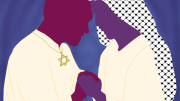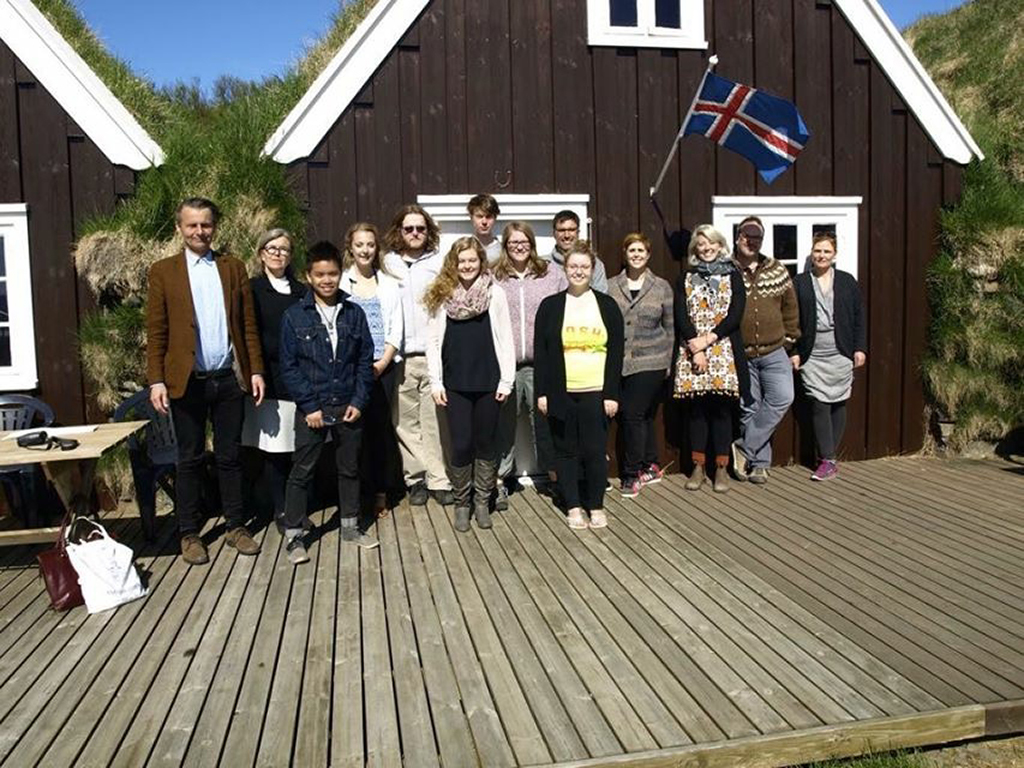Israeli Apartheid Week (IAW), an annual international series of events, will be running for the sixth consecutive year on campuses across the globe.
Although the events have incited major controversy in Canada and abroad, neither the University of Manitoba nor the University of Winnipeg administrations have restricted the events, which will take place from March 14-18.
Bilan Arte, a student member of the Students against Israeli Apartheid (SAIA) group at the U of M, is helping to organize the various IAW events on campus this year.
“The purpose of Israeli Apartheid Week is to critically examine the nature of Israel as an apartheid state from different perspectives,” she said. “The main goals are to raise awareness about Israeli apartheid and the denial of Palestinian rights, to educate people about apartheid as a system of oppression, and promote the Boycott, Divestment and Sanctions (BDS) campaign,” she continued.
John Danakas, director of Public Affairs at the U of M, said that the university’s response to IAW taking place on campus will be similar to the one issued last year.
“The president will be issuing another statement this year again explaining why the university cannot prevent the events from taking place here,” he explained.
President of the University of Manitoba Students’ Union (UMSU), Heather Laube, said that UMSU’s position on IAW has also not changed since last year, which is to support the right of students to speak out and organize against racism, discrimination and oppression. UMSU’s stance was decided democratically at UMSU council this year and last.
“We feel last year’s support for the right of the IAW student organizers to speak about this important global issue was justified by the fact that nothing more than vigorous debate and public education occurred,” she said. “Freedom of expression does not exist in a vacuum, and maintaining a respectful campus environment doesn’t mean censorship.”
Katie Haig-Anderson, vice-president (advocate) of University of Winnipeg Students’ Association, said that the UWSA board of directors approved SAIA as a student group and passed a motion to support students’ right to criticize governments in response to IAW week planning.
“We think that universities are important sites of political debate, and so we support the event,” said Haig-Anderson. “Ultimately, we think that this kind of politicization and debate is healthy and important as long as it’s conducted in a respectful manner.”
Alex Garcia, a member of the IAW organizing committee at the U of W, believes that the right to present controversial topics and ideas within a university setting is a right that all students should enjoy, regardless of their political ideologies.
“It is most appropriate to have this event on campus because it relies on the proper academic and legal interpretation of the situation, facilitated by an educated group of individuals.”
Ashley Faintuch, a fourth-year business administration student at the U of W, said that although she is not opposed to a week dedicated to discussion of Middle East politics, she is not in agreement with the “apartheid” label.
“The term is used to sway public opinion and get fair-minded people to rally against Israel in incorrect grounds,” she said.
Senior legal counsel of B’nai Brith Canada, David Matas, told the Manitoban that he believes the week is misleading and sees it as a violation of the university policies on threatening behavior and respectful environment.
“The week is a continuation of the anti-Zionist wars to destroy the state of Israel by other means, through attempts at demonization and delegitimization,” he said.
Matas explained that he believes the week is a form of anti-Semitism and a denial of the Jewish people’s right to self-determination.
Garcia said that although controversy is inevitable on the topic of Israel and Palestine, he believes that equating criticism of the state of Israel with anti-Semitism and attempts at banning IAW because it is considered to be a proponent of hate speech is wrong.
“It negates the possibility of dialogue between educated individuals who can decide what position they would like to take for themselves, represents censorship by the state and denies us our rights to free speech,” he said.



